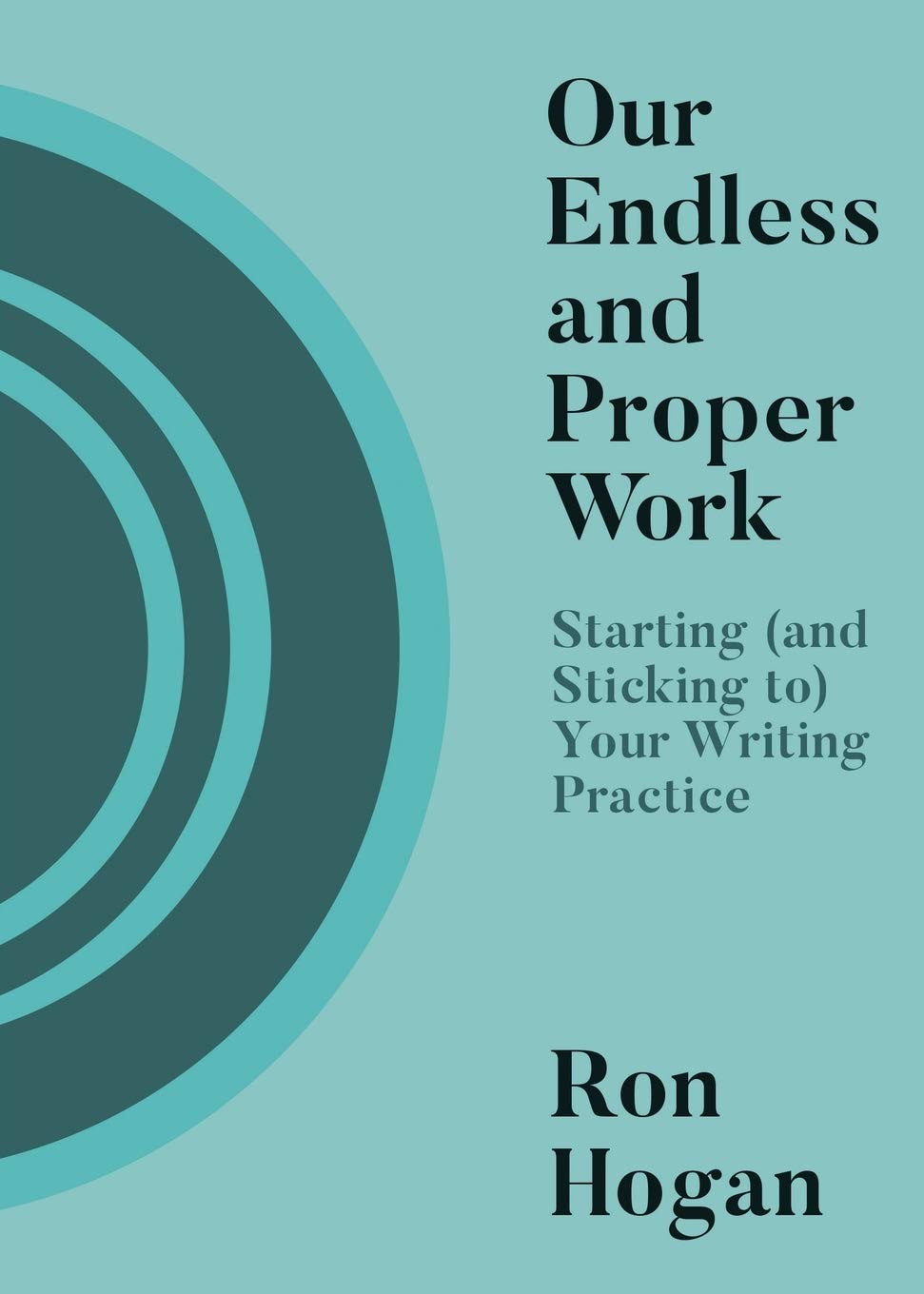Life Stories #89: Jamie Brickhouse
I’ve known Jamie Brickhouse for a long time; in his former life as a book publicist, he was someone to whom I’d frequently reach out when I wanted to talk to… well, people like him in his current life as the author of Dangerous When Wet, “a memoir of booze, sex, and my mother,” as the subtitle sums it up. So, among the many other things we talk about in this episode, we discuss how the publishing industry was a place where he was able to hide his alcoholism in plain sight for a long time—and, too, how knowing how hard it is to get attention for a good book didn’t deter him from writing with an eye to publication. We also talk about his recent efforts converting Dangerous When Wet into a one-man show, which he’s performing at the 2017 FRIGID Festival in New York in late February and early March:
“I didn’t know that there was this whole storytelling world. All I knew about was The Moth, I’d heard about this thing called The Moth, and a friend of mine who’d done it and won a bunch of their story slams took me a couple years ago. And so I started performing at The Moth… and it opened up this whole world of storytelling. There were all these different shows and venues around town and around the country. So I started adapting stories from the book while I was writing it, and then after it was published, and performing them until I had enough that I could put together for a show…”
For FRIGID, Jamie had to get the show down to a tight hour. “Writing the book, of course, taught me about editing and cutting and trimming material; especially when you write a memoir, you have the burden of too much information and you really have to be like a French chef, making a reduction sauce. And that’s what it really felt like turning a 271-page book into a sixty-minute show. So I really had to reduce it to those three things: booze, sex, and my mother.” So there’s a lot of stories in the book that aren’t in the show—and that, even in a slightly longer conversation than usual, we didn’t get a chance to touch upon. You’ll just have to read the book to find out about them!
Listen to Life Stories #89: Jamie Brickhouse (MP3 file); or download this file by right-clicking (Mac users, option-click). Or subscribe to Life Stories in iTunes, where you can catch up with earlier episodes and be alerted whenever a new one is released. (And if you are an iTunes subscriber, please consider rating and reviewing the podcast!)
photo courtesy Jamie Brickhouse
22 February 2017 | life stories |
Eva Stachniak’s Fierce Power of Women

photo: StanisÅ‚aw Jerzmański
Eva Stachniak has written several novels, including The Winter Palace and Empress of the Night. Her latest, The Chosen Maiden, has just come out, and it vividly recreates the early life of Bronislava Nijinska, one of the great dancers of the 20th century. (You may have heard of her older brother, Vaslav Nijinsky.) In this essay, Stachniak explains what prompted her to take up Nijinska’s story… and how it ended up being a more personal story than she’d expected.
Having written two novels inspired by Catherine the Great, I wished to explore the time when Catherine’s legacy was coming to its violent end. This time it was not the Imperial court itself that attracted me, however, but the Artists of the Imperial Theatres, the stars of the Russian ballet. One of them was Bronislava (Bronia) Nijinska, a brilliant dancer and choreographer who came of age just as the Imperial Ballet, once an obedient and obliging child of the court, broke into open revolt and began to assert its own vision of what Russian art should become.
What drew me to Bronia? There was, of course, the tantalizing connection to her beloved elder brother, Vaslav, the God of the Dance (he was her mentor but she was the best interpreter of his choreography). There was the Polish connection (both Nijinsky parents came to Russia from Poland and Polish was Bronia’s mother tongue). There were her choreographic visions forged in the cauldron of revolutionary Russian art which secured her a firm place in the history of modern dance. But, in the end, as I pored over the treasures of the Bronislava Nijinska archives at the Library of Congress—boxes of intimate diaries, letters, and snapshots she took of her family and friends—the two main themes of The Chosen Maiden began to emerge: art as the source of inner strength and the steadfast solidarity of the Nijinsky women.
13 February 2017 | guest authors |


 Our Endless and Proper Work is my new book with Belt Publishing about starting (and sticking to) a productive writing practice.
Our Endless and Proper Work is my new book with Belt Publishing about starting (and sticking to) a productive writing practice. 
